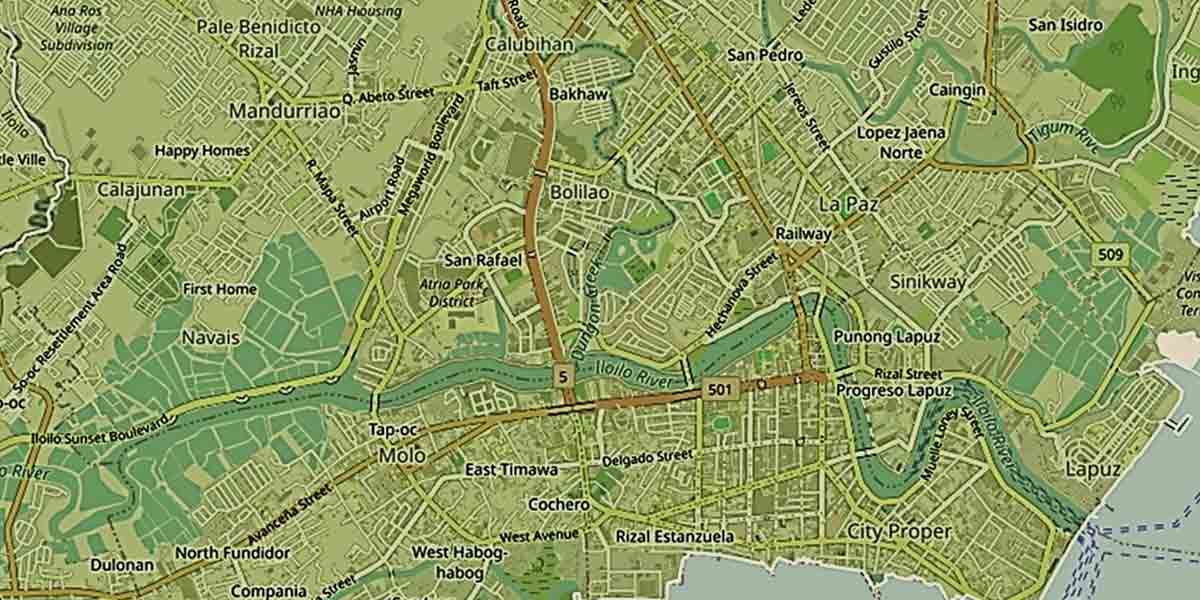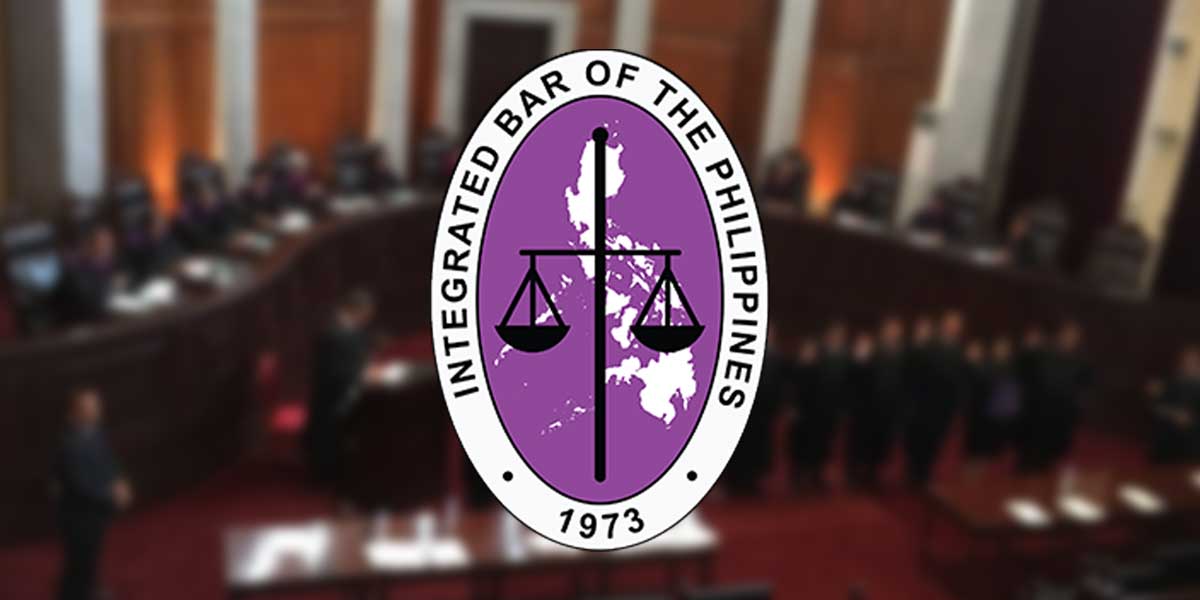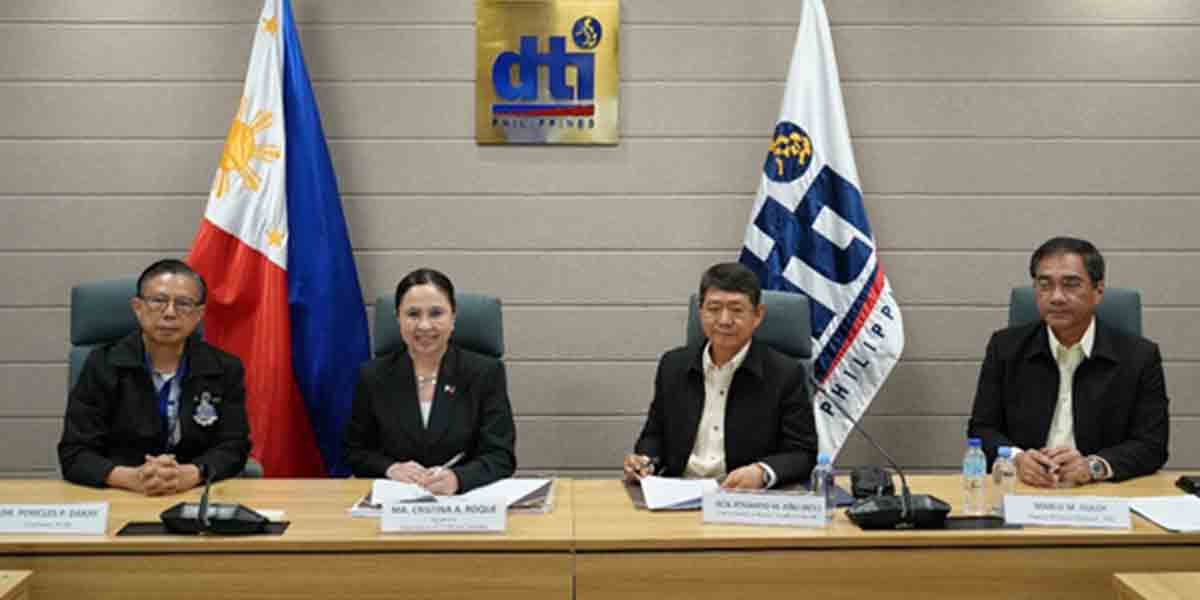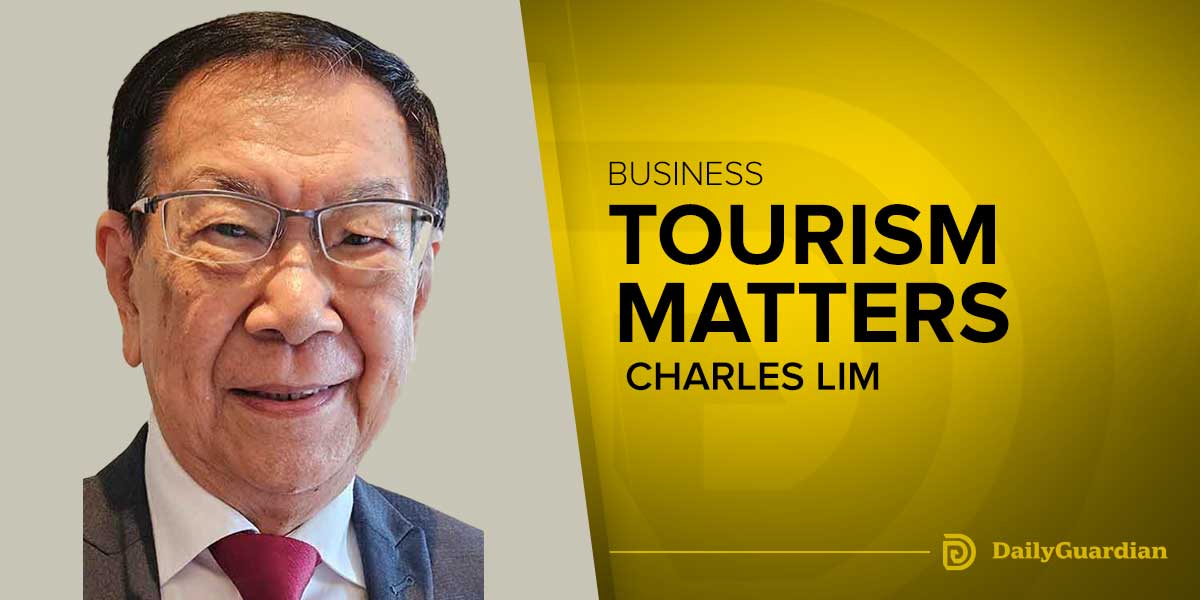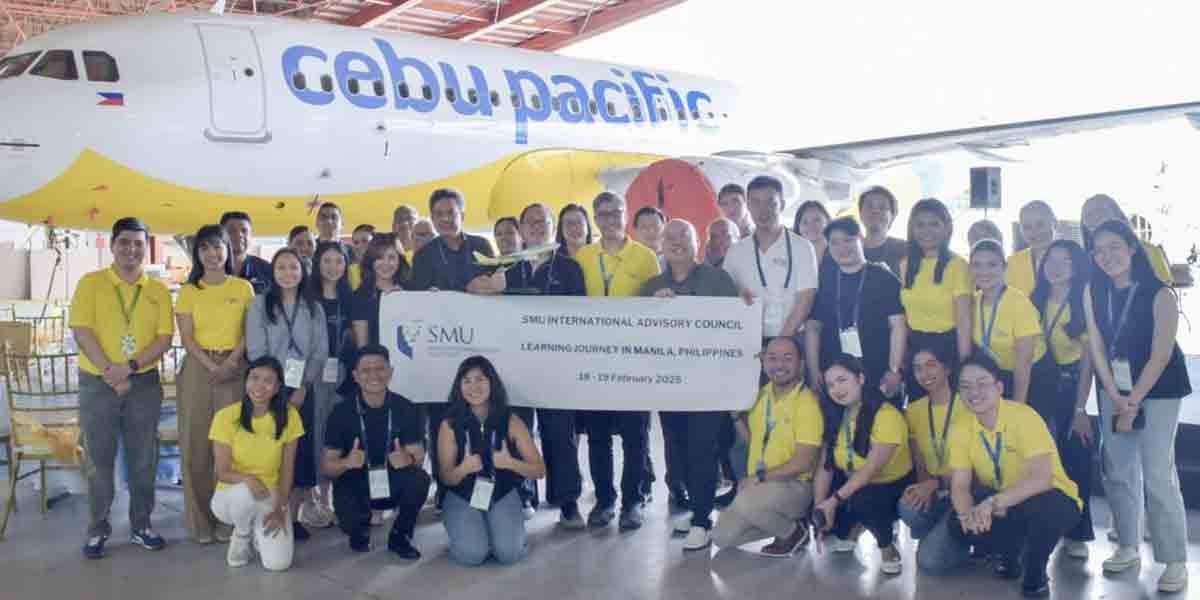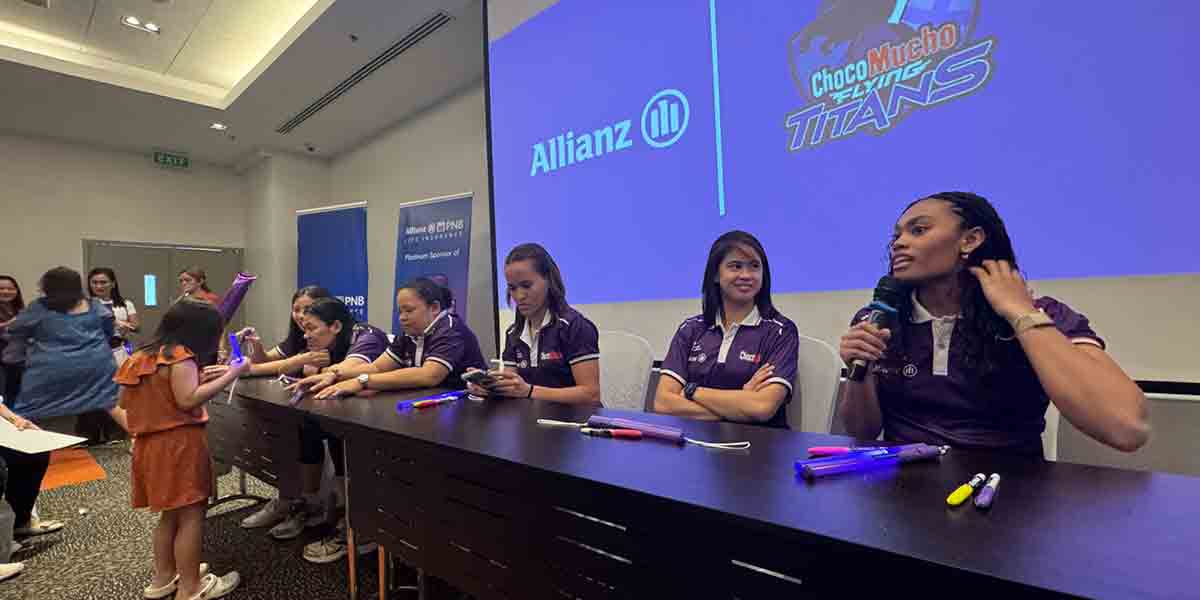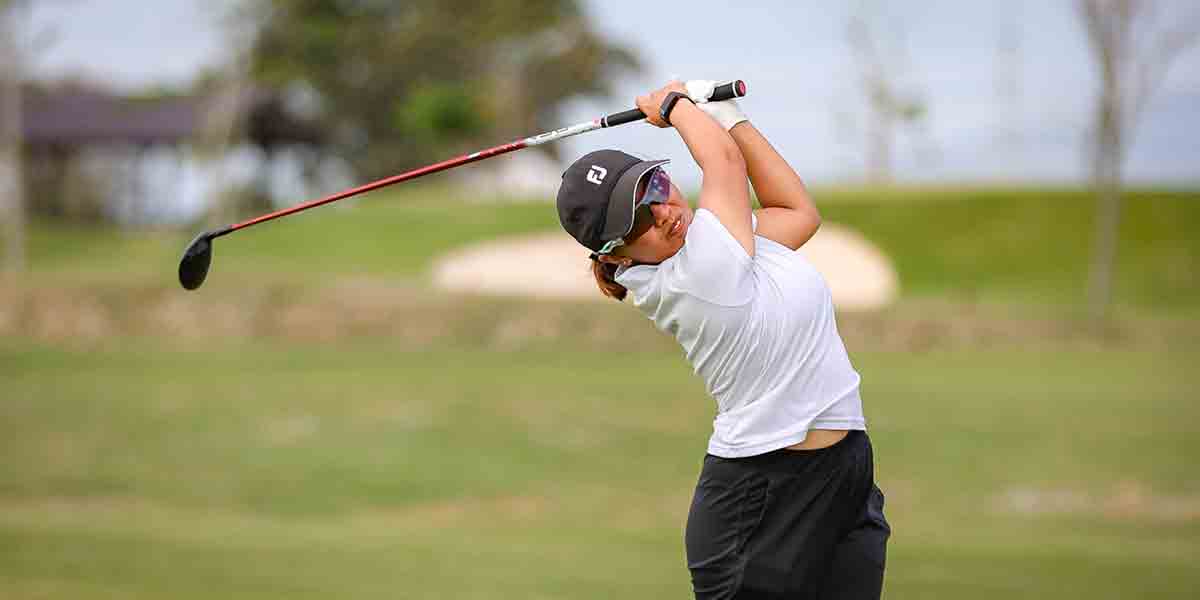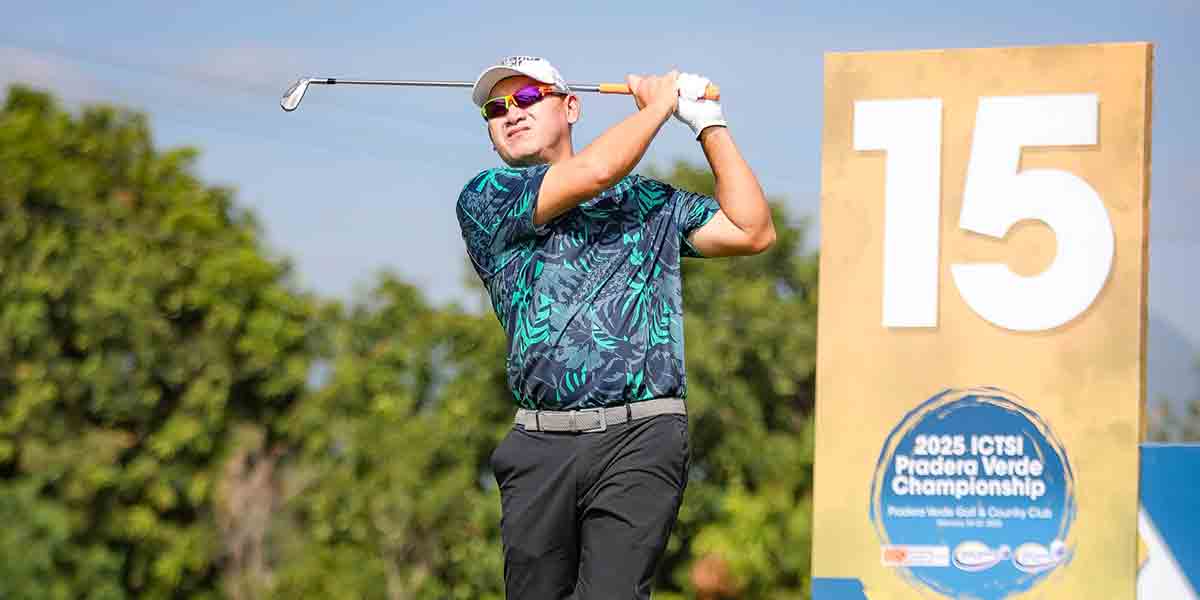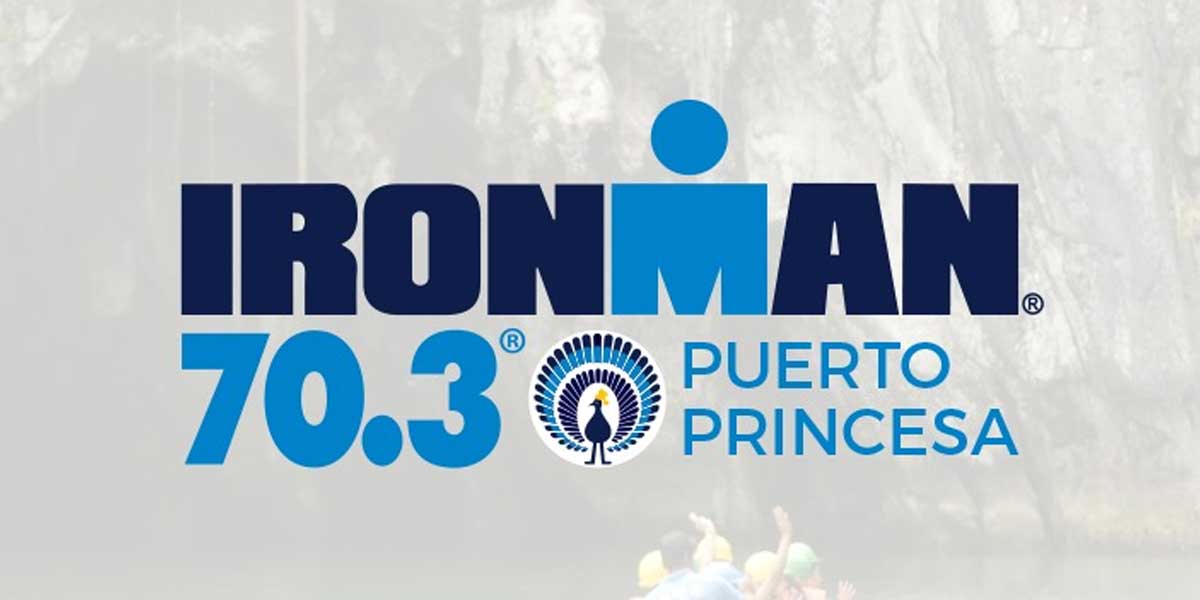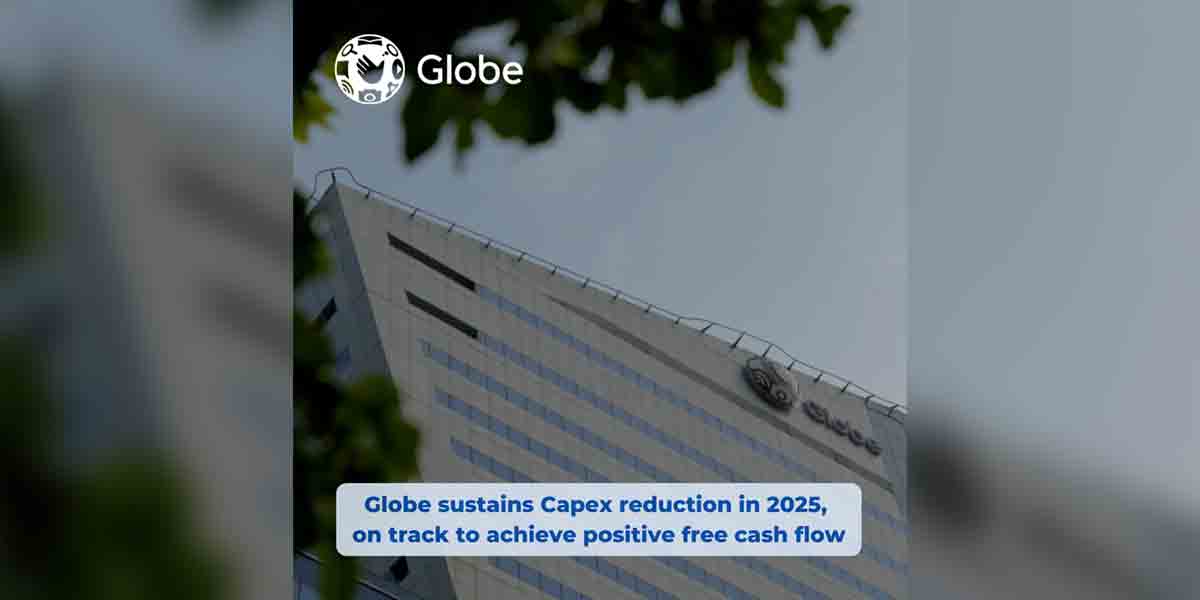 By Atty. Eduardo Reyes, III
By Atty. Eduardo Reyes, III
In just a short span of time, we have seen stringent guidelines either lifted, imposed or re-imposed and we cannot help but look at these governmental regulations from the lens of Constitutional and legal considerations that we need to ponder on.
Among the standouts in the guidelines that govern our lives during this pandemic, are:
- Wearing of face-masks while in public
- A total ban on alcohol, whether sale, transport or consumption
We shall then refer to these as guidelines 1 and 2.
Indeed, pursuant to Section 4 of Republic Act No. 11469 or the Bayanihan to Heal as One Act, among the “authorized powers” is the power to:
“(s) Regulate and limit the operation of all sectors of transportation through land, sea or air, whether private or public”
However, para. (ee) of the same law qualifies that the exercise of the power must be “REASONABLE and NECESSARY” to “CARRY OUT THE DECLARED NATIONAL POLICY SUBJECT TO THE BILL OF RIGHTS AND OTHER CONSTITUTIONAL GUARANTEES”.
Inevitably, the “declared national policy” is to stop the rapid spread of the deadly virus known as Covid-19. And this we should never lose sight of.
Now taking into account guidelines 1 and 2, are they reasonable and necessary?
In all fairness, it should be acknowledged that the guidelines are well-meaning as their aim is to save life. But the well-being of the citizenry does not only refer to their physical constitution but also to their MENTAL HEALTH or PSYCHOLOGICAL MAKE-UP.
On this note, worryingly, it is submitted that the restrictions on liberty should be rationalized lest they become unwarranted emasculations.
It is in this light that guidelines 1 and 2 should be reconsidered.
Of great significance is the Constitutional right to PRIVACY. In a concurring opinion by Justice Jardeleza in CHRISTINE JOY CAPIN-CADIZ v. BRENT HOSPITAL AND COLLEGES, INC., G.R. No. 187417, February 24, 2016, in turn citing Justice Malcolm in Rubi v. Provincial Board of Mindoro, the Right to Privacy was held to be not merely confined to physical restraint but rather “is deemed to embrace the right of man to enjoy the faculties with which he has been endowed by his Creator, subject only to such restraints as are necessary for the common welfare”.
Quintessentially, the right to privacy includes the “right of man to enjoy the FACULTIES WHICH HE HAS BEEN ENDOWED BY HIS CREATOR”. These FACULTIES could only refer to a man’s right to decide for himself whether to walk alone in peace, to drive his car unmolested, to see the world around and everything that life has to offer, SUBJECT ONLY TO REASONABLE AND NECESSARY RESTRAINTS, i.e, physical or social distancing, hygienic practices, mandatory wearing of face-masks, border restrictions, and observance of curfew hours. After all, as already said, the objective of the “Bayanihan to Heal as One Act” is to curb the spread of the virus. And thus for as long as these safeguards are observed, then the aim is achieved- without unnecessarily impinging upon the citizen’s Right to Privacy.
In the same case of Capin-Cadiz, citing Morfe v. Mutuc, the Supreme Court held “that the constitutional right to liberty includes the concept of privacy. Quoting US Supreme Court Justice Louis Brandeis in Olmstead v. United States (1928), x x x the Court explained that:
“The makers of our Constitution undertook to secure conditions favorable to the pursuit of happiness. They recognized the significance of man’s spiritual nature, of his feelings and of his intellect. They knew that only a part of the pain, pleasure and satisfactions of life are to be found in material things. They sought to protect Americans in their beliefs, their thoughts, their emotions and their sensations. They conferred, as against the Government, the right to be let alone – the most comprehensive of rights and the right most valued by civilized men”.
But then again the right to privacy is not limited to a person’s home because it extends to his/ her office or business, to include his private motor vehicle.
In SPOUSES BILL AND VICTORIA HING, v. ALEXANDER CHOACHUY, SR. and ALLAN CHOACHUY, G.R. No. 179736 June 26, 2013, it was held that:
X x x “an individual’s right to privacy under Article 26(1) of the Civil Code should not be confined to his house or residence as it may extend to places where he has the right to exclude the public or deny them access. The phrase “prying into the privacy of another’s residence,” therefore, covers places, locations, or even situations which an individual considers as private. X x x”.
A man’s house, his office, as well as his own private car, are “places, locations or even situations” where he/ she expects not just a modicum, but an abundance- of privacy. These are his sanctuaries from all the worries that life throw at him/ her upon a daily basis while doing the drudgery of making a living.
While in the privacy of his home, he/ she should be allowed to partake of his alcoholic drink which he needs to purchase from a store if it is in the pursuit of his happiness and well-being. There is, after all, no law that declares liquor as illegal or contrary to public policy per se. If he drinks and drives, or commits a crime while intoxicated, there are laws that will deal with him. But if he/ she only imbibes it responsibly at home, there is no justifiable reason to curtail him from doing so. To prevent him from buying it from a store is the equivalent of preventing him from drinking it at home.
In the same manner, when inside his/her private car, most expectedly with family members, they should be free to remove their masks, for after all, they also cannot be expected to put-on their masks while inside their homes. To accost them on the road and ask them to pull-over and slide down their window only to tell them to wear their masks would be too unreasonably invasive as to violate their right to privacy. Ironically, instead of them being safely- contained inside their car, they become exposed to face-to-face interaction with law enforcement officers which is the very health hazard that the law seeks to avoid in the first place.
It is only when the citizen steps out of his/ her zone of privacy and into the realm of public space that the government can interfere with his/ her actions. It is most humbly asserted that this is what our Constitution, in all its prescience, intends. And it ought to be reckoned in all governmental actions and regulations.
These two (2) guidelines that poach on a citizen’s freedom, have no logical relevance or connection to the prevention of the spread of Covid-19. Again, quoting Justice Brandeis, when he was giving advise to his mentee, the equally famous Justice Frankfurter, “in favor of property, the Constitution is liberally construed – in favor of liberty, strictly”. (p. 202, Dissents and the Supreme Court (It’s Role In the Court’s History and The Nation’s Constitutional Dialogue) by Melvin I. Urofsky, Pantheon Books New York)
In short, the Constitutional mandate on due process protection to liberty is always the general rule; and any restriction, the exception. In case of doubt, we should resolve in favor of freedom and liberty, not curtailment.
A delicate balancing act ought to be applied in formulating and enforcing the guidelines to the end that the citizenry’s total well-being will be amply taken care of. In these challenging times, it should not only be LIFE that should be saved, but also LIVELIHOOD and the QUALITY OF LIVING.
This article is more of a suggestion rather than a dictate, for as often said in reference to this crisis, “we are all on the same boat”. So therefore, we must all wish “to heal as one” and come out of this, not only ALIVE, but also with our Civil Liberties, as well as our SANITY, intact.


